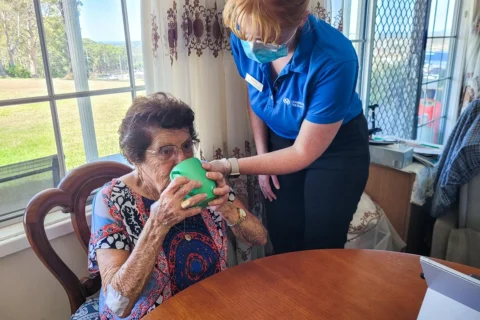What is diabetes?
Diabetes occurs when the pancreas can not make insulin, or when there is not enough insulin, and/or the insulin produced does not work effectively.
In type 1 diabetes;
The pancreas cannot produce insulin because the body’s immune system destroys the insulin-making cells (beta cells) in the pancreas. This stops the pancreas from making insulin, which the body needs to use glucose for energy.
The exact cause of type 1 diabetes is not yet known, but we do know that it’s not caused by poor diet or lack of activity. At this stage, nothing can prevent or cure type 1 diabetes, but it can be managed.

In type 2 diabetes;
The pancreas makes some insulin but not as much as your body needs, or it does not work effectively, or a combination of both. This leads to high blood glucose levels.
Type 2 diabetes results from a combination of genetic and environmental factors. Genes play a significant role. Risk is greatly increased by lifestyle issues such as high blood pressure, being overweight, insufficient physical activity, a poor diet, and the classic ‘apple shape’ body where extra weight is carried around the waist.
Type 2 diabetes can often initially be managed with healthy eating and physical activity, however, over time most people will need to use diabetes tablets.
Many also need to add non-insulin injectable medications or insulin. This is the natural progression of type 2 diabetes and taking tablets or insulin as soon as needed can result in fewer complications.
What is hyperglycemia?
When we eat or drink, our body breaks down the carbohydrate and turns it into glucose (a type of sugar).
The glucose moves around the body through the bloodstream. Insulin acts like a key that unlocks the doors of the body’s cells. This allows glucose to move out of the blood and into the cells, where it can be used for energy. In someone without diabetes, insulin is released throughout the day and increases after eating or drinking.

Without insulin, glucose cannot be absorbed into the body’s cells, and they remain ‘hungry’. This means there may be too much glucose trapped in the bloodstream, and blood glucose levels will rise. This is known as hyperglycaemia (high blood glucose).
What is a hypoglycemic event?
A hypoglycemic event is a serious medical emergency.
Ensuring the people around you have the tools to recognise a hypo is extremely important. Your dietitian can help equip you with these tools.
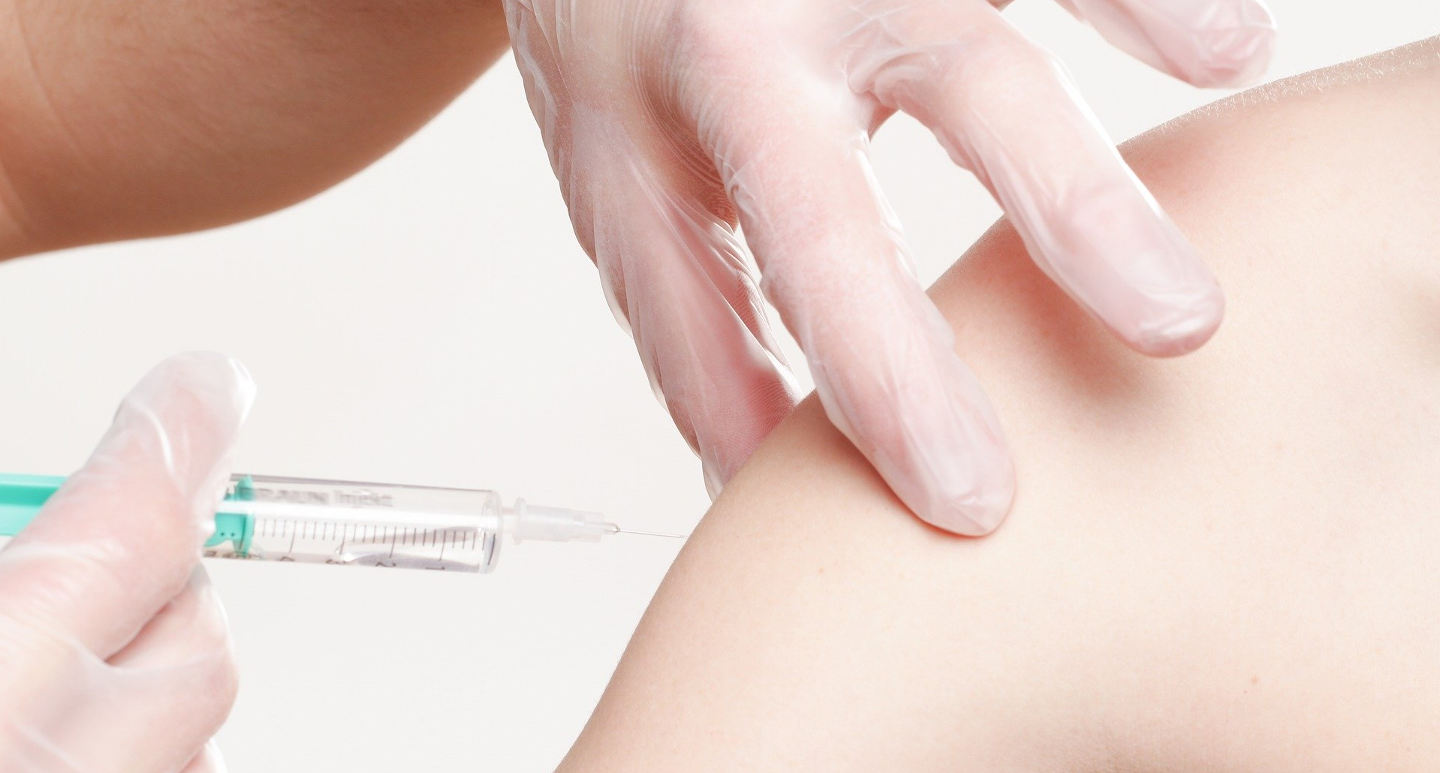
What is HBA1C?
There are three ways of diagnosing type 2 diabetes:
- A blood glucose test (not just a finger prick test), which needs to be analysed by a pathology lab. This may be done as either a fasting test (after having nothing to eat or drink for at least eight hours) or a non-fasting test.
- An oral glucose tolerance test (OGTT), which is done at a pathology lab. You will have a fasting blood glucose test first, then you will be given a sugary drink and have your blood tested two hours after this.
- A HbA1c test, which reflects your average blood glucose level over the last 10 to 12 weeks. This is also a pathology test but fasting is not needed.
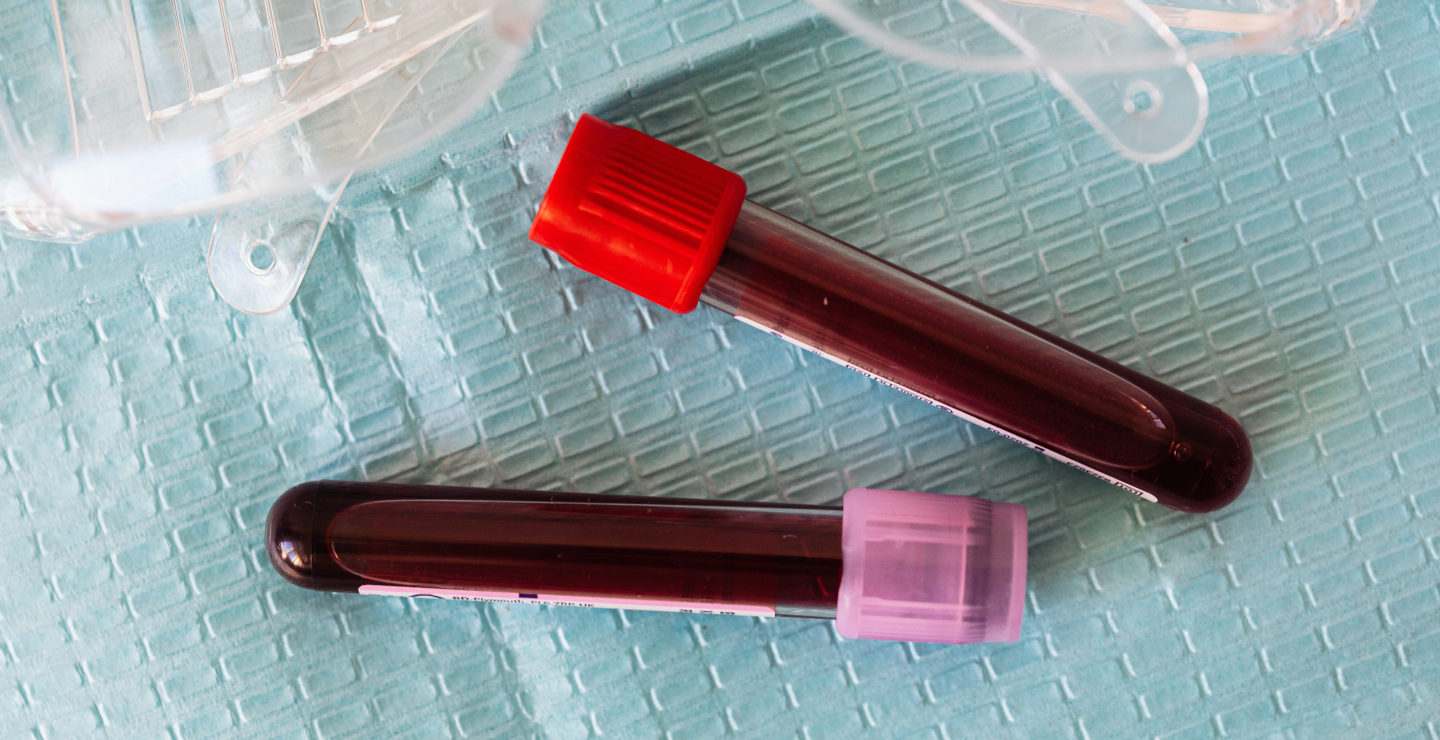
How does Community Therapy primarily help people with diabetes?
Type 2 Diabetes can be managed with healthy eating and regular physical activity.
An accredited practising dietitian can assess your diet, provide dietary advice or education, and create meal plans where that support is needed.
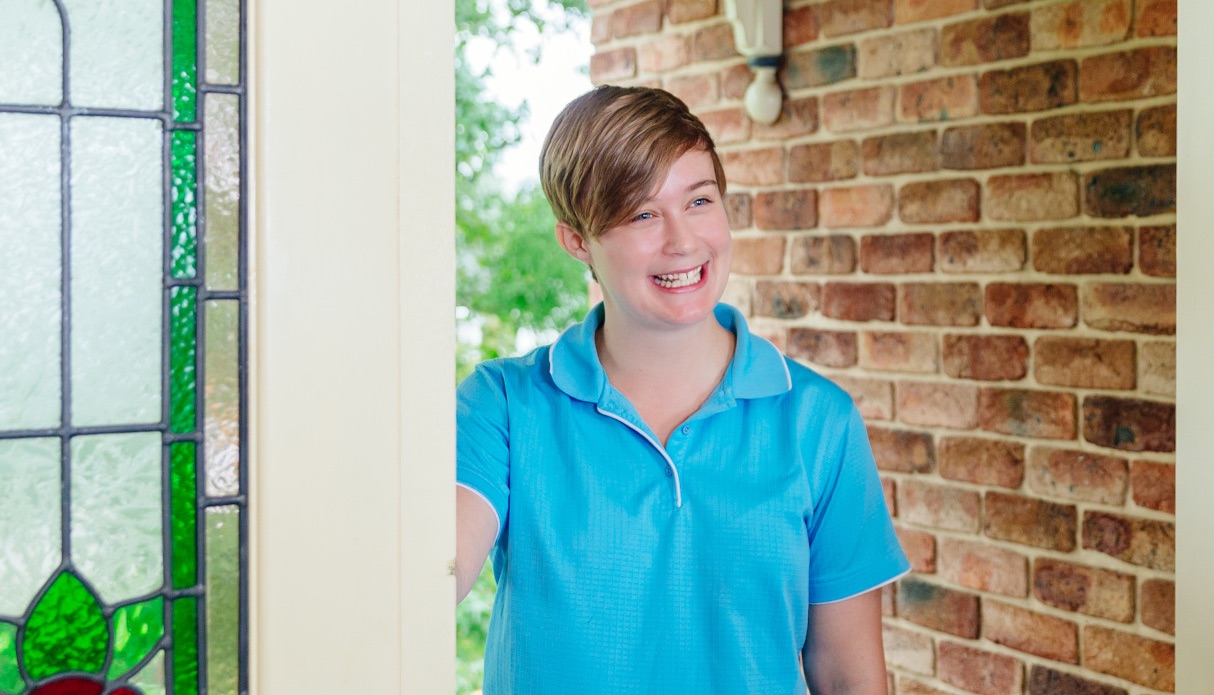
People with Type 1 diabetes and some people with Type 2 will need insulin injections to help keep their blood glucose levels at a healthy and safe range. This may require additional dietary support to balance the intake with medications. For those wanting to increase physical activity, our Physiotherapists can prescribe exercises and guidelines that ensure the safety of someone living with diabetes.
What is a sick day plan?
When a person with diabetes is unwell, they need to take extra care.
Your body produces stress hormones when you are sick, and this causes your blood glucose levels to rise. A sick-day plan is step-by-step written instructions on how to manage your diabetes when you are unwell. A management kit will contain additional items you might need when feeling sick, which means you don’t have to organise them when feeling unwell.

Discuss putting together your sick-day action plan and kit with your GP or Allied Health team. Discuss with family and friends the help and support you might need when sick. Check your kit every six months to make sure items are still within their date and not expired. The plan should be reviewed every 1–2 years.
Why are sick day plans different now due to COVID?
Having diabetes may make you more vulnerable to becoming unwell if you should catch the virus.
You will miss work, school, appointments etc and this is okay as it is the best action we can all take to slow/stop the virus.

When isolating you will need to keep your blood glucose in range and have hypo treatments available if needed.
You also need to continue to eat a balanced diet and make sure you are getting enough daily vitamins and nutrients. If you need help the NDSS has a FREE Helpline 1800 637 700. You can find all the resources you need for creating a sick day plan on the website https://www.ndss.com.au/
Are there different types of sick day plans?
Yes.
Your plan should be individualised to you. It will include things like contact numbers for support people (informal – family) and paid supports
- Your doctor and/or specialists
- Diabetes educator; and/or dietitian
- Local hospital or medical centre
Your plan will have details of your medication. This might include a guide to extra insulin doses for sick days and any required equipment.

What information would be helpful to provide my employer?
With well-managed diabetes, you should be able to do most jobs without too many problems.
However, there will be times when work commitments could disrupt your routine.
This is why it’s important for your employer to know about your diabetes. If you keep disappearing and they don’t know why, they may get very suspicious and annoyed. If they know it is for a health reason, they are likely to be more understanding. The NDSS recommends you keep a little hypo kit on you all the time, so it’s there if you need it (and remember to restock it afterwards).

Your employer cannot discriminate against you because of your diabetes. Diabetes falls under the category of disability within the Equal Employment Opportunity Commission. Federal regulations say it is against the law to discriminate against people, or treat them unfairly, in various areas of public life. One of these areas is employment.
What information would be helpful to provide Community Therapy?
When referring to community therapy it is helpful to provide:
- A list of current medications
- Brief summary of control e.g. recent hypo/hyperglycemia
- Recent blood results
- Any concerns you have around; weight, nutrition, physical activity or management of symptoms.
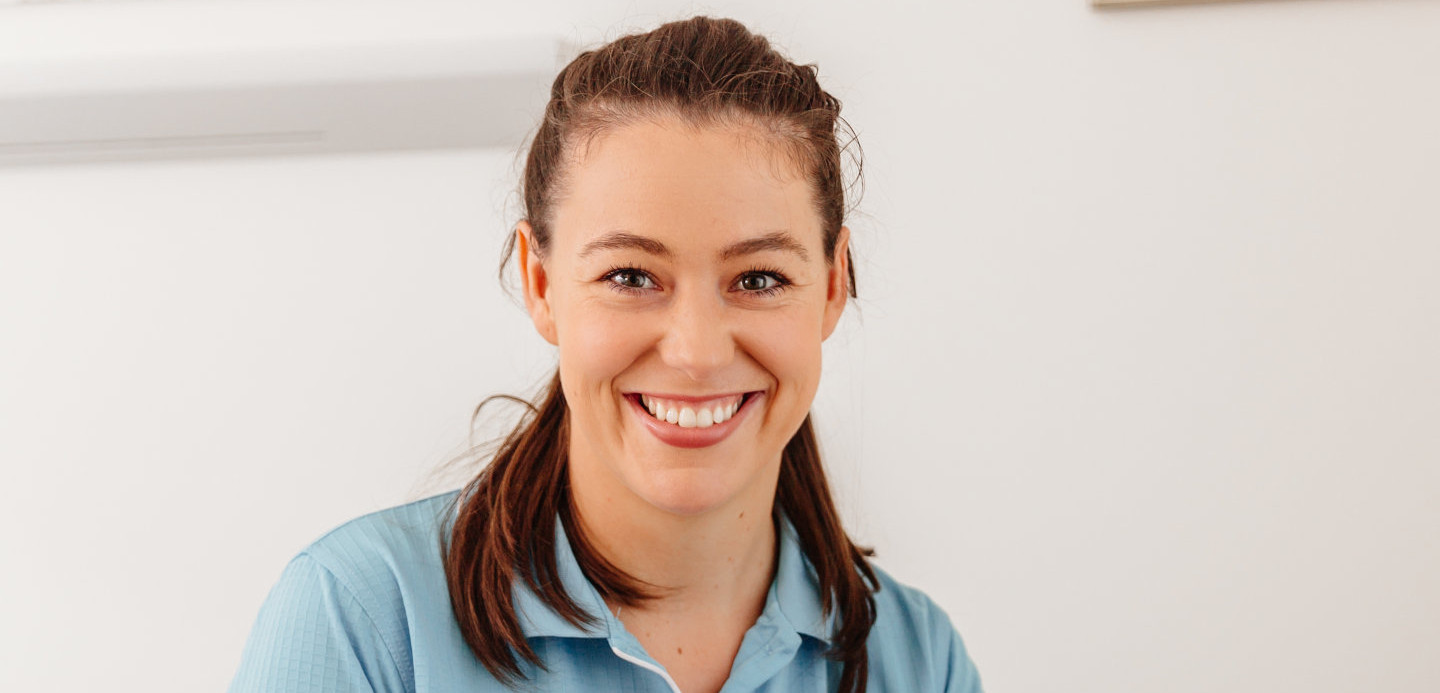
In what ways has this already helped clients of Community Therapy?
Community Therapy recently helped a gentleman with a new diagnosis of Type 2 Diabetes.
Usually, when people have a new diagnosis it takes time to come to terms with what this means for them, and what changes they might need to make in everyday life.
Providing high quality, science-based information in a simple and practical way helps people living with diabetes (and their supports) to make meaningful change or manage the condition, to be prepared, and act quickly in the event of illness or an emergency.
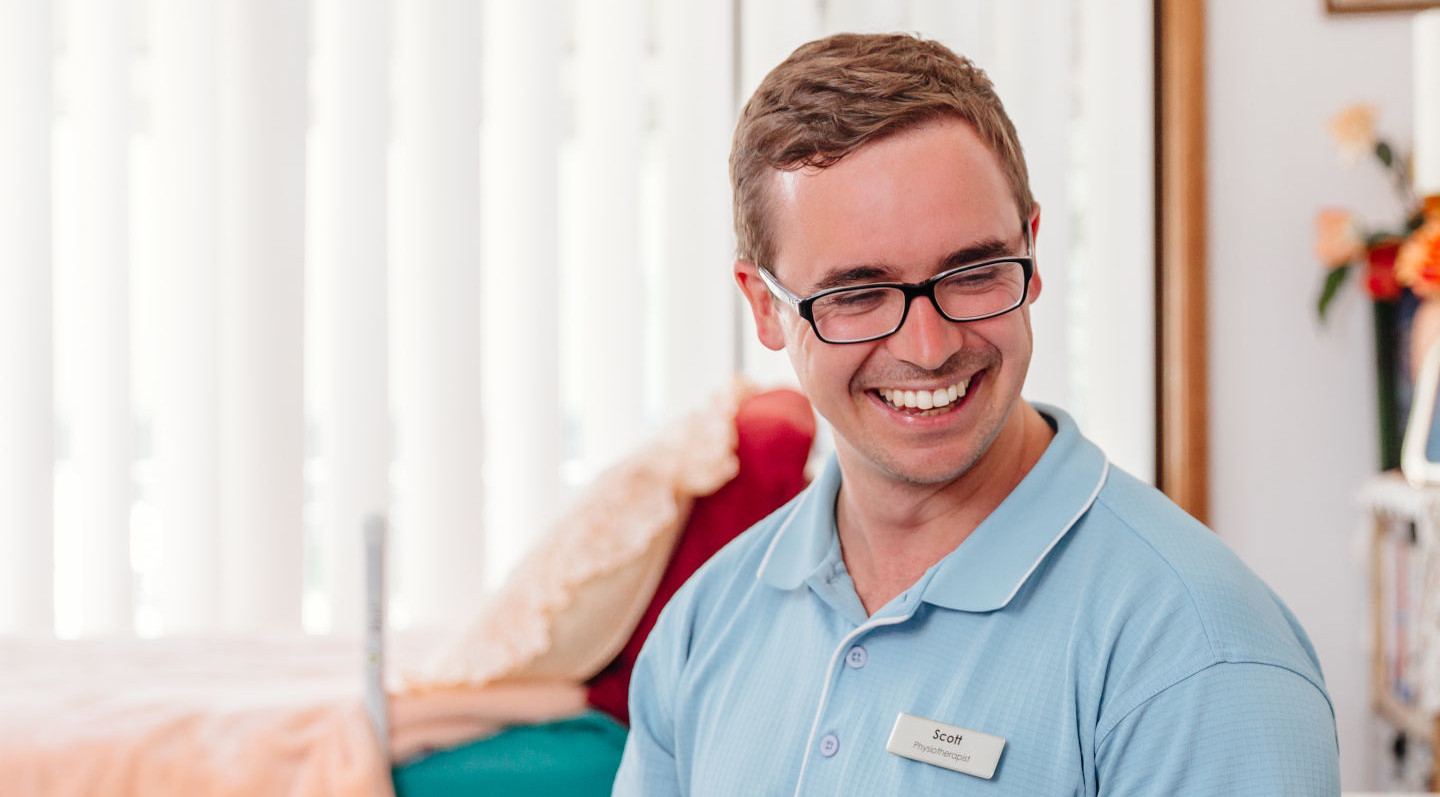
At Community Therapy, we understand the importance of good education.
Quality information can significantly reduce the fear, anxiety and depression people may feel with relation to food or their diabetes.
As an Allied Health company working with clients who live with diabetes, we understand the full impact it can have on health, both mental and physical.
Our clinicians will take the time to listen to you in a non-judgemental way. We are a mobile service which means you can relax in the comfort of your own home, or even meet us at your workplace or somewhere in the community.
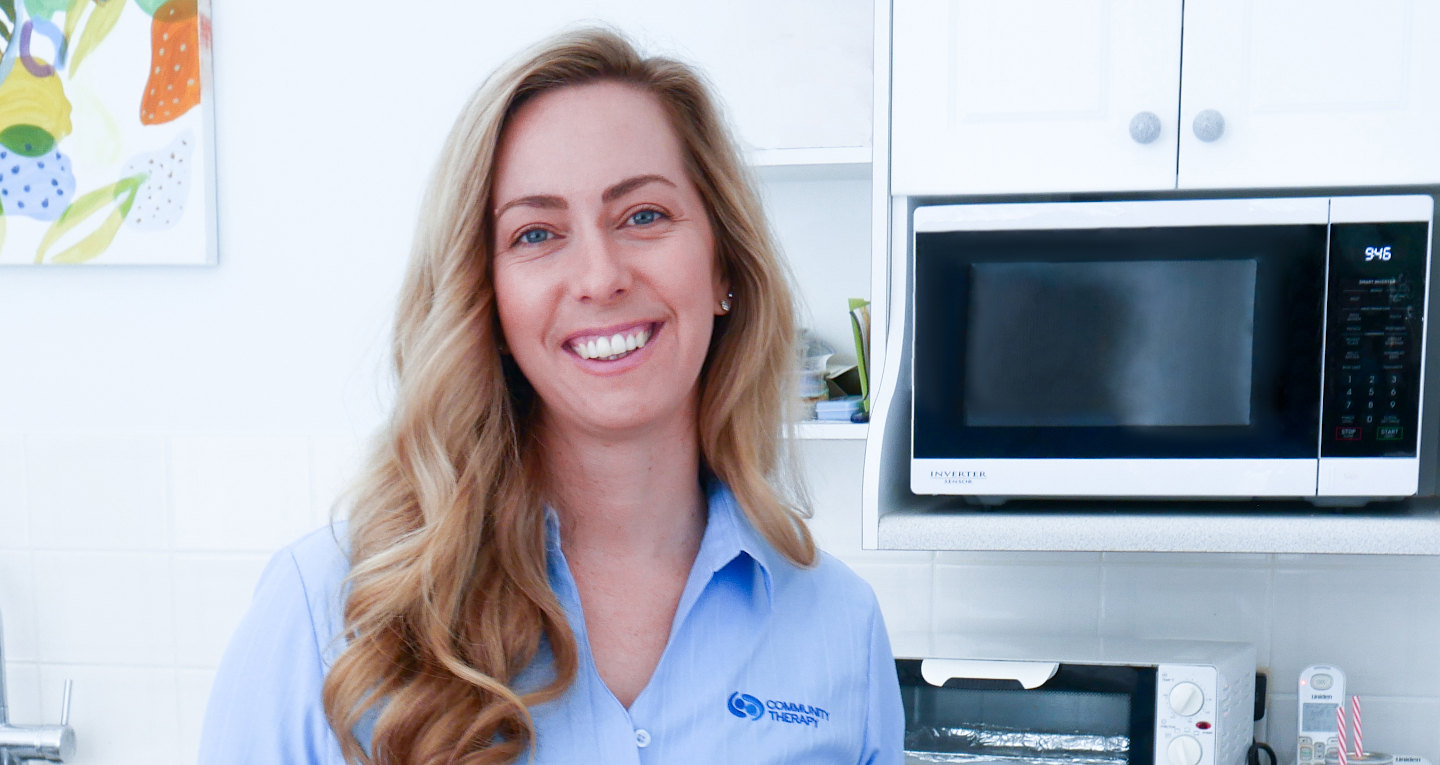
Have more questions for Community Therapy?
Wonderful! We’d love to hear from everyone in the community.
- We offer Dietetics, Physiotherapy & Occupational Therapy
- We are NDIS registered and our NDIS processes have been certified by SAI Global
- We are professional, timely and compassionate
- We are university-trained
- We are highly receptive to feedback
Please use our contact page to contact us.

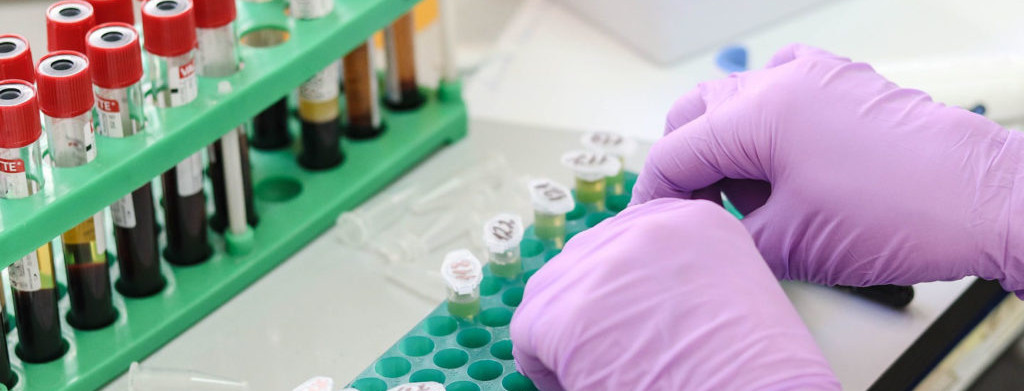
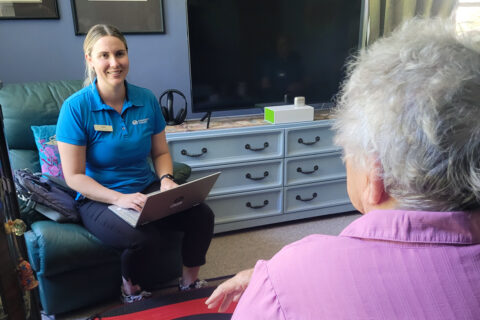
 November 27, 2024
November 27, 2024
